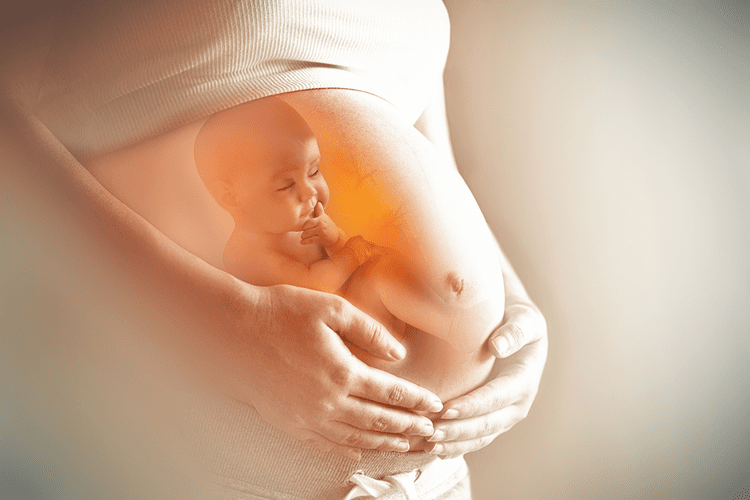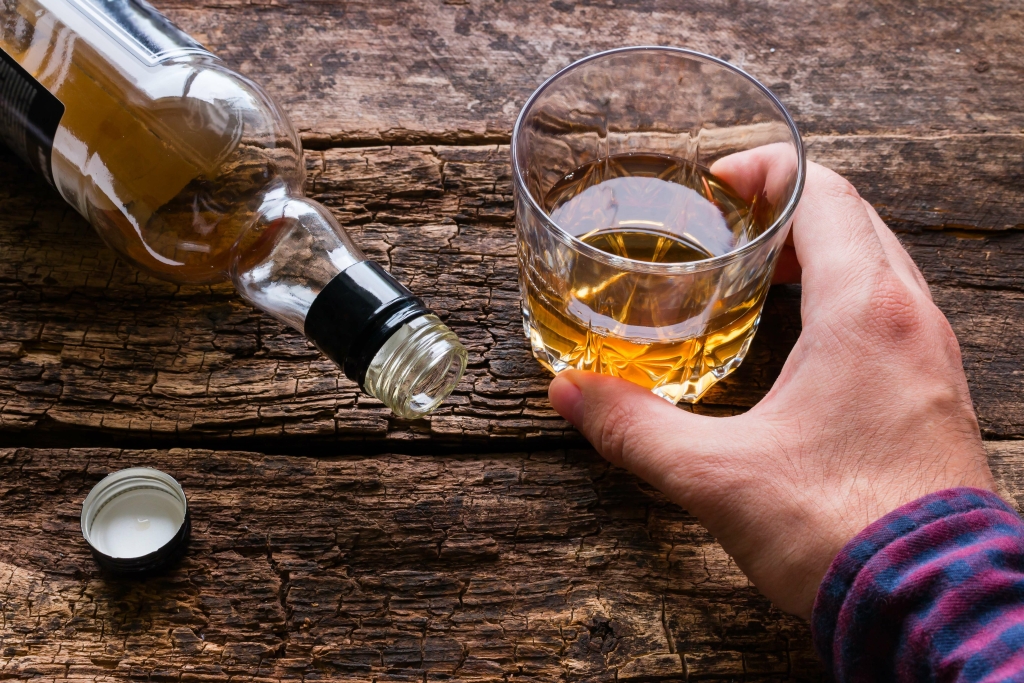In the preliminary analysis, an exposure variable equal to the number of completed assessments accounts for individual differences in response rates. Previous research supports the validity of the sampling protocol against a gold standard of transdermal alcohol monitoring (Simons, Wills, Emery, & Marks, 2015). “The ptsd alcohol blackout right prefrontal cortex is known to be involved in stopping actions, so we did a study a number of years ago to look to look at its ability to stop memory retrieval,” Anderson said. The prefrontal cortex stopped the ability to retrieve a memory by sending signals into the hippocampus and reducing its activity.

Furthermore, little is known about the impact on substance use disorder outcomes of the medications and psychosocial interventions commonly used to treat PTSD, or vice versa. Although both animal and human studies have suggested that glucocorticoid negative feedback may be enhanced in PTSD, the implications of these observations for CRH secretion in this disorder are unclear. As noted earlier, CRH-producing cells and CRH receptors exist both in the hypothalamus and in extrahypothalamic sites. Findings from some studies have suggested that hypothalamic and extrahypothalamic CRH-producing cells may respond differently to corticosterone. Specifically, corticosterone appears to restrain hypothalamic CRH-producing cells while stimulating extrahypothalamic CRH-producing cells, particularly those in the amygdala (46).
Post-Traumatic Stress Disorder (PTSD) and Alcohol Addiction
We also used a sample of college students with a trauma history who reported alcohol use during the previous three months, and these findings may not generalize to different populations. To better understand these relationships, future research should include longitudinal designs so that the temporal implications of the meditational model could be examined. As the current study did not include a measure of alcohol as self-medication, or drinking to cope, we were unable to conclude whether emotion dysregulation mediates the relationship between PTSD and drinking to cope. Future studies should examine whether drinking to cope does in fact show similar associations with PTSD and emotion dysregulation.
Ex-nanny details Mel B’s heavy drinking habits, ‘strange men’ – Page Six
Ex-nanny details Mel B’s heavy drinking habits, ‘strange men’.
Posted: Fri, 31 Aug 2018 07:00:00 GMT [source]
We will work alongside you to determine the best combination of treatments for your unique needs. Our addiction treatment experts help you choose the appropriate inpatient program length, followed by an outpatient program and aftercare to ensure you always have a solid connection to our caring sober community. If multiple people report similar details, intoxicated or not intoxicated, then their testimonies will be given more weight. Because in general, DeCarlo said, a single intoxicated witness cannot stand alone to convict someone of a crime. Corroboration from other witnesses or physical evidence are essential in these cases, though often difficult to obtain.
Alcohol And PTSD
In the DSM-5, the terms “alcohol dependence” and “alcohol abuse” were removed, and the two separate diagnoses were replaced with one diagnosis—AUD.7 The DSM-5 lists 11 symptoms for the disorder, and an AUD diagnosis now has levels of severity based on the number of symptoms presented. The presence of two to three symptoms indicates mild AUD, four to five symptoms indicate moderate AUD, and six or more symptoms indicate severe AUD. This progressive augmentation of response with repeated stress has previously been conceptualized as kindling (67). A feed-forward interaction between the CRH and noradrenergic systems may represent one neurobiologic underpinning of both PTSD and substance use disorders.

Nonetheless, the sample was predominantly men and hence the pattern of results may not optimally reflect the experience of women veterans. Neither PTSD nor AUD were required for participation and hence the sample exhibited a broad range of functioning at baseline. Such variation makes these analyses less amenable to examine systematic change over time in respect to improvement or worsening of symptoms in the sample as a whole. Finally, although the analytic models address temporal relationships, they do not provide a basis for causal inference. In addition, findings showed evidence of a bi-directional association consistent with a mutual maintenance model (Kaysen et al., 2011; Read et al., 2013).
What Is Alcoholism?
Looking more specifically at facets of emotion dysregulation, PTSD symptoms had an indirect effect on alcohol-related consequences through Impulse Control Difficulties and Difficulties Engaging in Goal-Directed Behavior in the full sample. When we examined men and women separately, Impulse Control Difficulties remained significant only for men. Men with higher PTSD symptoms may have a higher level of impulsivity that leads to reckless behaviors such as risky alcohol use.
It is thus is a robust test of the prospective association between PTSS and subsequent dependence syndrome symptoms at the within-person level. In addition to the PTSSt-1 effect, there were significant within-person effects of both lagged dependence syndrome symptoms (i.e., at time t-1) and concurrent drinking (i.e., at time t). The IRR indicated that for every unit increase in dependence syndrome symptoms at time t-1 there was a 4% increase in the incident rate of dependence syndrome symptoms at time t. For drinking, the IRR indicates that for every unit increase in drinkingt, the incident rate of dependence syndrome at time t increased by 13.32 times.
The Link Between Alcohol Misuse and PTSD
People seeking co-occurring PTSD and alcoholism treatment need to work with treatment professionals experienced in PTSD and alcohol treatment. The Recovery Village is experienced in treating alcohol and other substance use and co-occurring disorders like PTSD. If blackout drinking or binge drinking have become regular occurrences in your life, you may already be addicted to alcohol.


